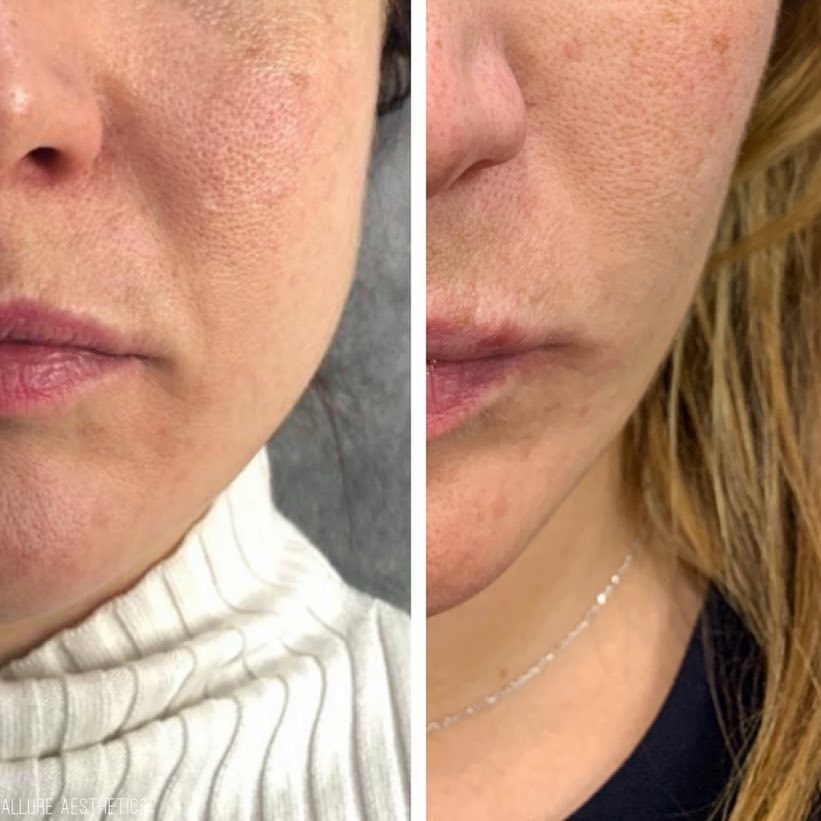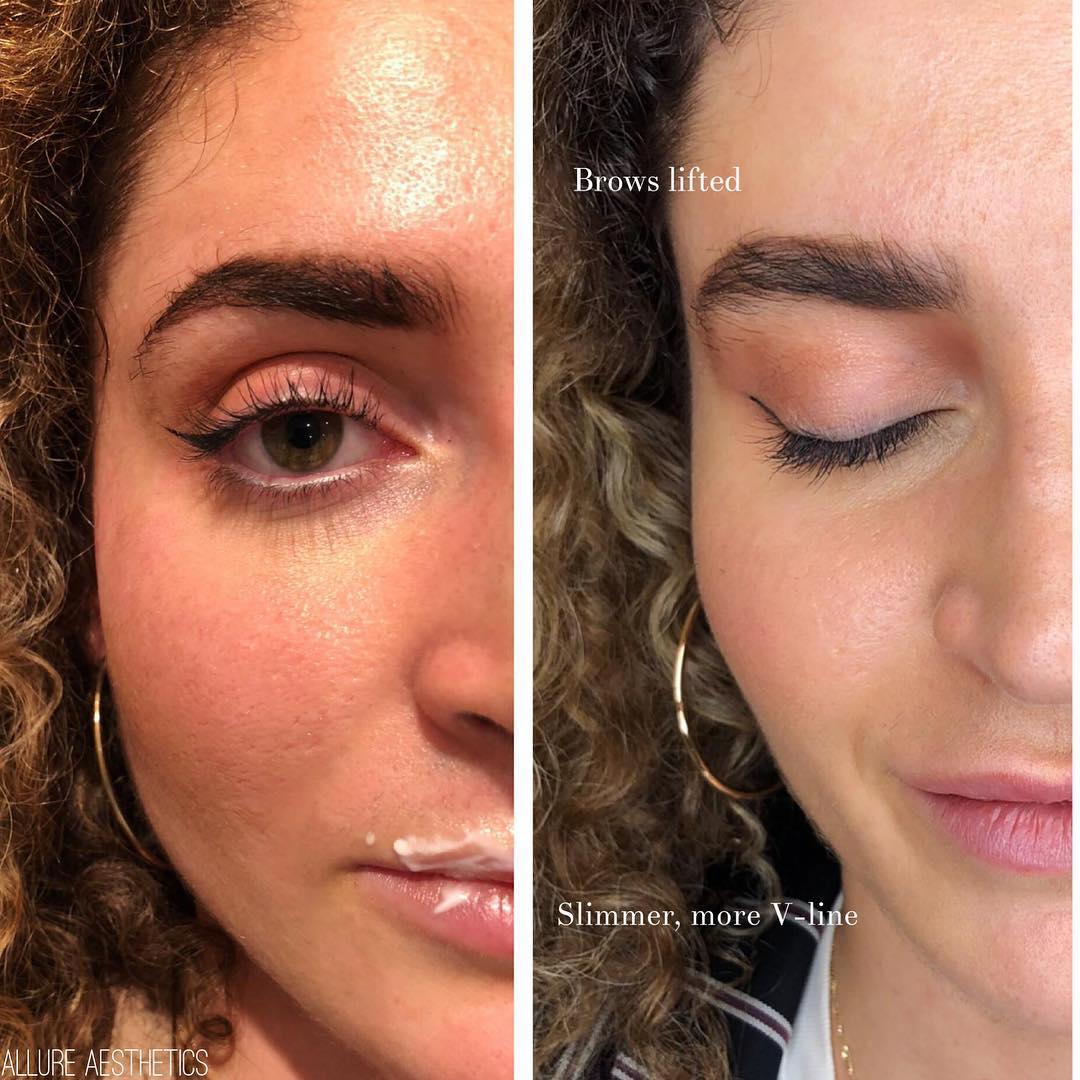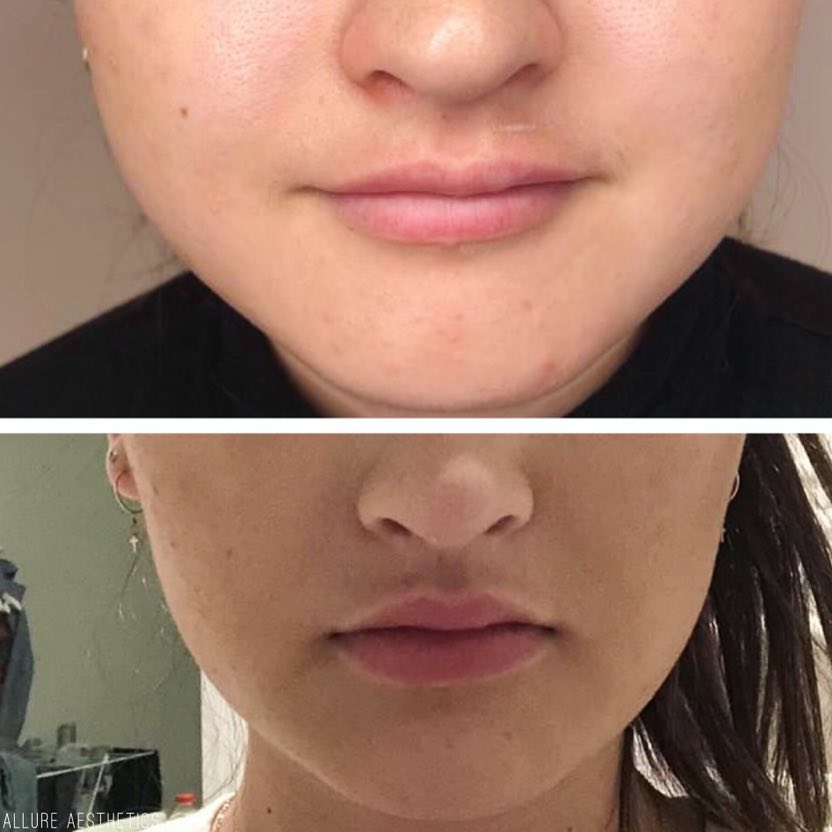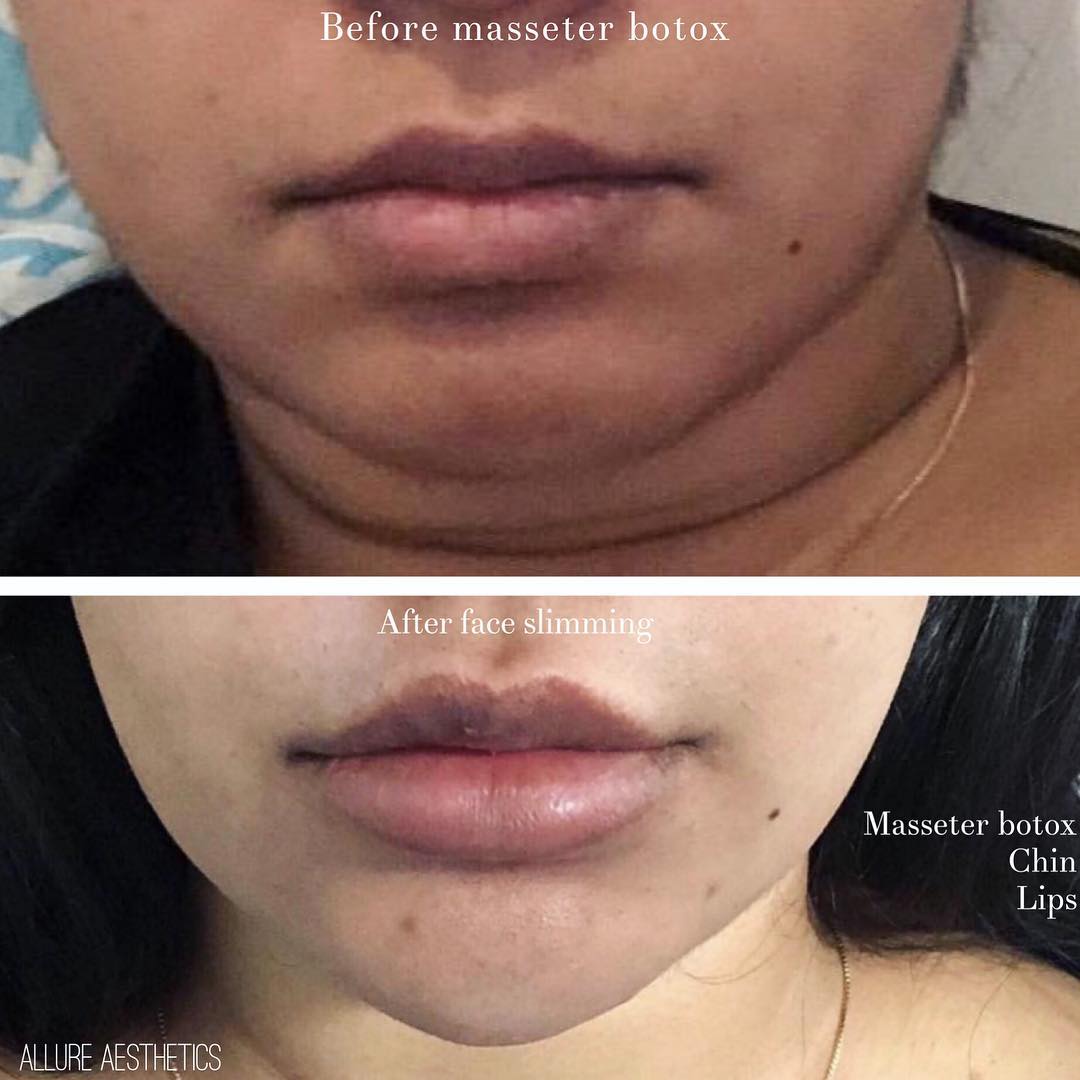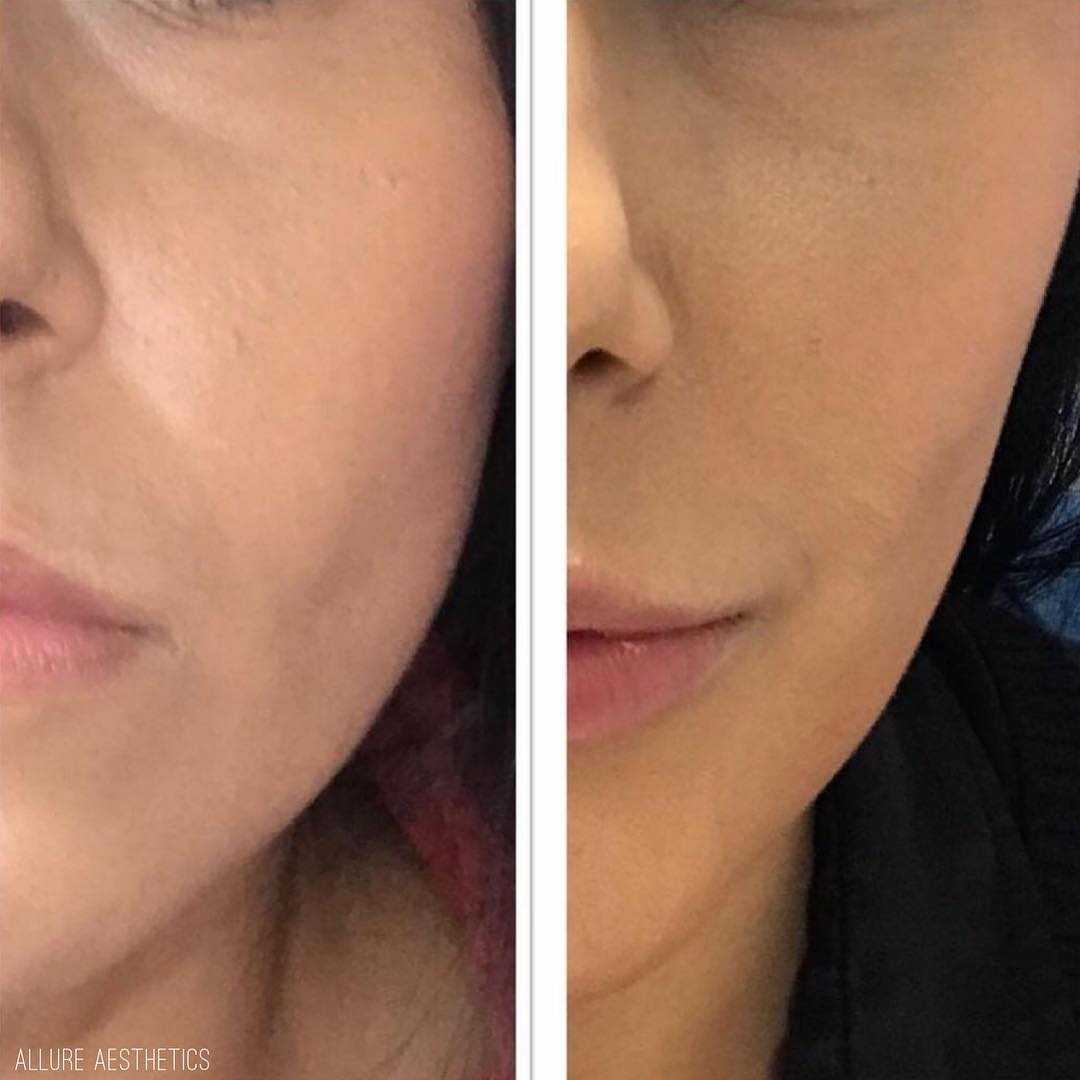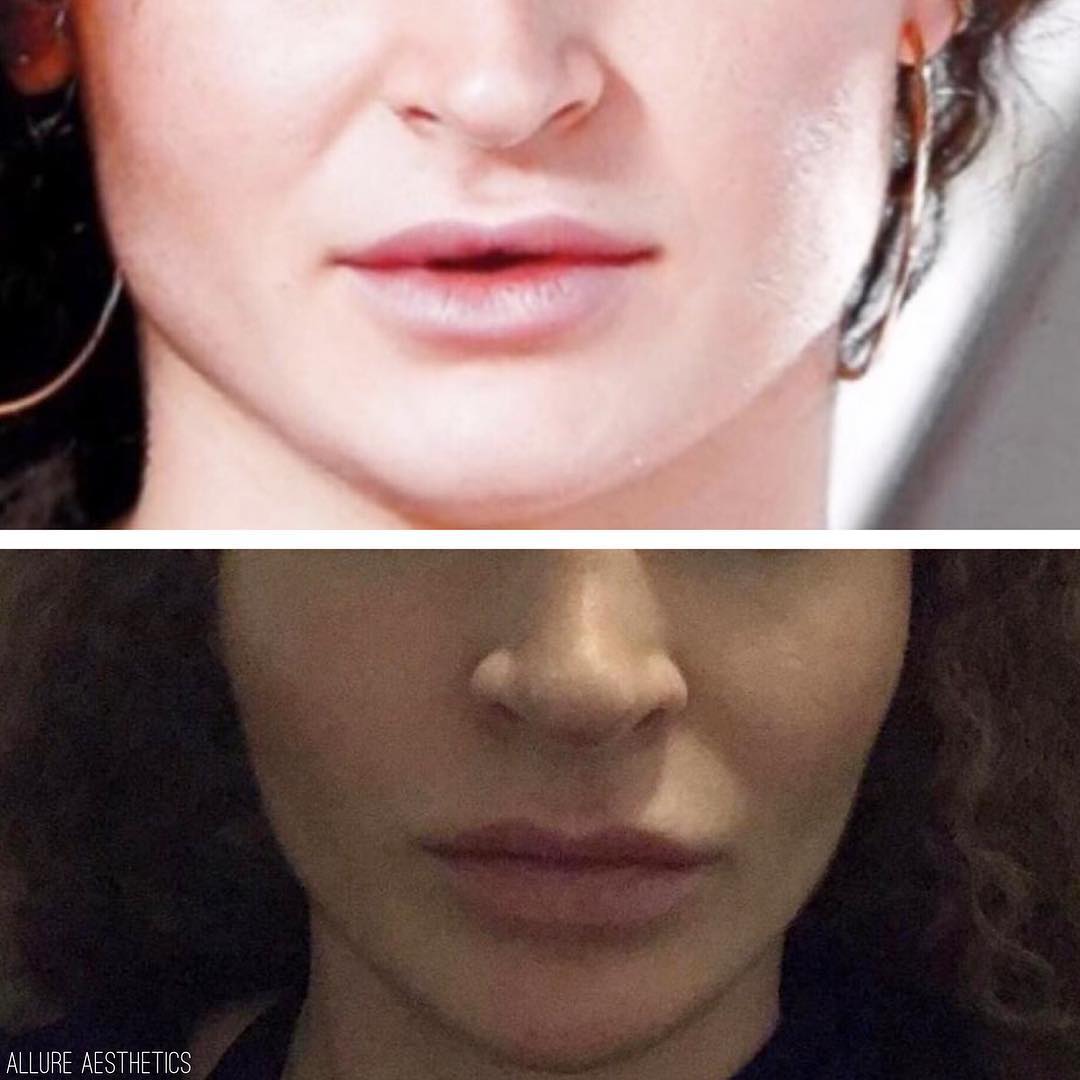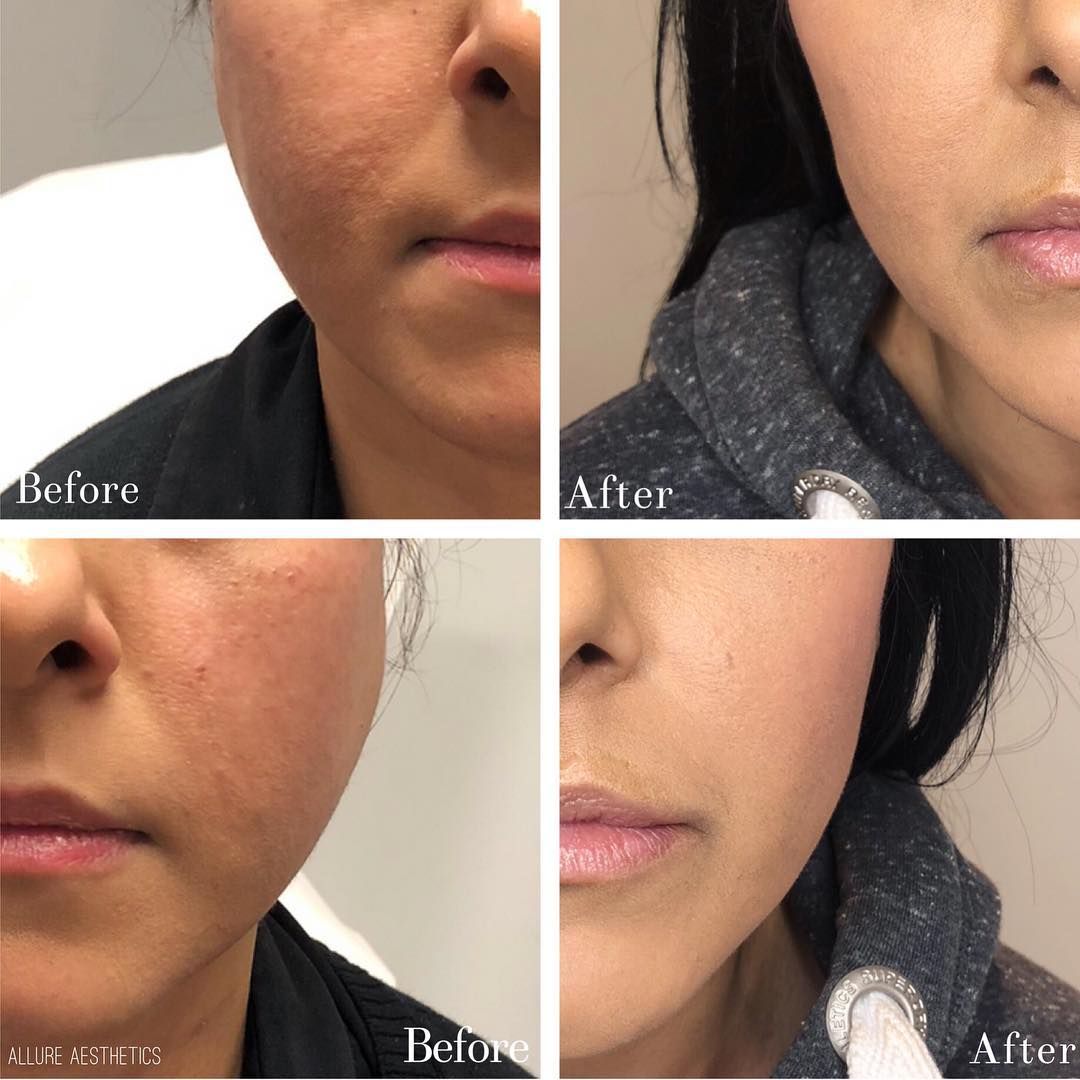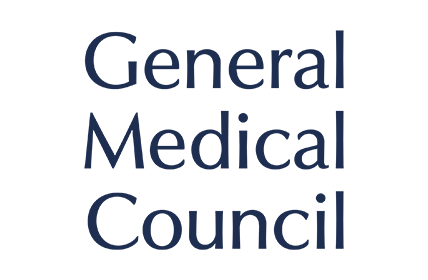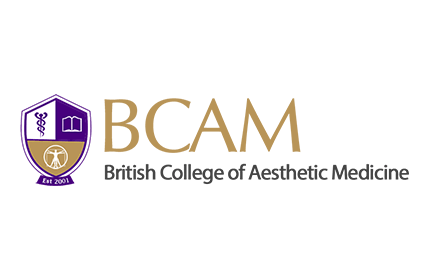Botox can have a slimming and contouring effect on the face, potentially alleviating symptoms from bruxism or TMJ disorders
BOTOX® is injected into the masseter muscles, which are responsible for jaw movement, in order to temporarily reduce muscle activity. Strong masseter muscles give a wide jaw which in turn produces a square, masculine face. This can be unflattering for some women, and men too. Botox shrinks the masseter muscles and slims the face.
This allows for a more v-shaped, contoured face. It can also be used for improvement of symptoms related to Bruxism or TMJ. It has the benefit of enhancing the cheek bones. It is very safe when used by qualified and experienced doctor practitioners. Recovery time is short in comparison to many other cosmetic procedures.
The number of sessions will depend on the individual’s reaction to the treatment. Most people may only need 1-2 sessions, others may need 3-4 sessions to achieve the desired results.
Most people who have strong masseters are just born with sturdy muscles. This is more common in Koreans, Chinese and South East Asians. However, anyone one can be born with large and strong masseter muscles.
Like any other muscle, the more the masseter is worked out the stronger it becomes. Masseter muscles become bigger in anyone who chews a lot. Chewing gum a lot, for example, will develop the masseter muscles. Masseter muscles can become over-developed from grinding teeth. The medical name for grinding or clenching teeth is Bruxism.
Bruxism is a condition characterised by the involuntary or voluntary grinding or clenching of the teeth. It can occur during the day or at night. Common causes include stress, anxiety or an abnormal bite. Frequent or severe bruxism can lead to dental issues, jaw pain, headaches, and disruption in sleep.
TMJ, which stands for Temporomandibular Joint, is the joint that connects your jawbone to your skull. A disorder of this refers to a condition where there are problems with the jaw and facial muscles that control it. Symptoms can include jaw pain, clicking or popping sounds when opening or closing the mouth, difficulty or discomfort in chewing, and even headaches. It can be caused by various factors, including jaw injury, arthritis, or bruxism.
Botox can be a potential TMJ treatment. When Botox is injected into the muscles, it relaxes these muscles, helping to relieve TMJ pain. Botox injections are a reversible, non-surgical procedure that has been proven as beneficial in treating TMJ disorder. Depending on the cause of your TMJ pain, this treatment can offer temporary but long-lasting relief..
The cost of BOTOX® treatment will vary from clinic to clinic, and is usually dependent on the quality of product used and expertise of the practitioner. See our Price List for the latest information.
JAWLINE SLIMMING / MASSETER Reviews
FREQUENTLY ASKED QUESTIONS
What are the advantages of masseter botox?
Botox is the only method of reducing the jaw without surgery. Between 3 and 4 injections are given into each masseter muscle, making it a quick and effective treatment. The injection may be given while you are clenching hard so that it is directly into the muscle. It is proven to be effective to reduce tension and pain in the jaw, as well as enhance facial balancing including slimming of the lower face. Treatments are made as comfortable as possible, as we use a fine needle and gentle hand. Topical anaesthesia is available. The results are long-lasting, and maintenance is easily achieved.
Who is a good candidate?
If you have a strong, palpable masseter muscle, whereby you dislike the width or symmetry of your jaw, wanting a more narrow or contoured appearance, this will be beneficial. Those with Bruxism or TMJ will gain symptom relief.
Who is not suitable?
Those who do not have a palpable masseter muscle, whereby the width of the face may be due to fat or bone, and not muscle. Also, if there is existing laxity of the facial tissues in the jaw, masseter botox may exacerbate this.
How long does it last?
Masseter botox can last several months, after which it will slowly return to its original form. However, with continued treatment, the muscles will gradually lose the grinding habit. There are certain ways to help your botox last longer, and these will be discussed at your appointment.
Will it affect my smile?
Masseter Botox should not affect your smile as it does not target your smile muscles. One of the side effects of the Botox is unwanted diffusion to surrounding muscles and if this does occur to you smile muscle, it can cause a lopsided smile. This can be avoided by going to a reputable medical clinic with experienced doctors.
Will it affect chewing?
There may be a slight dull irritation when chewing after administering Botox to the masseter muscle. This only lasts a few days and should resolve within a week.

